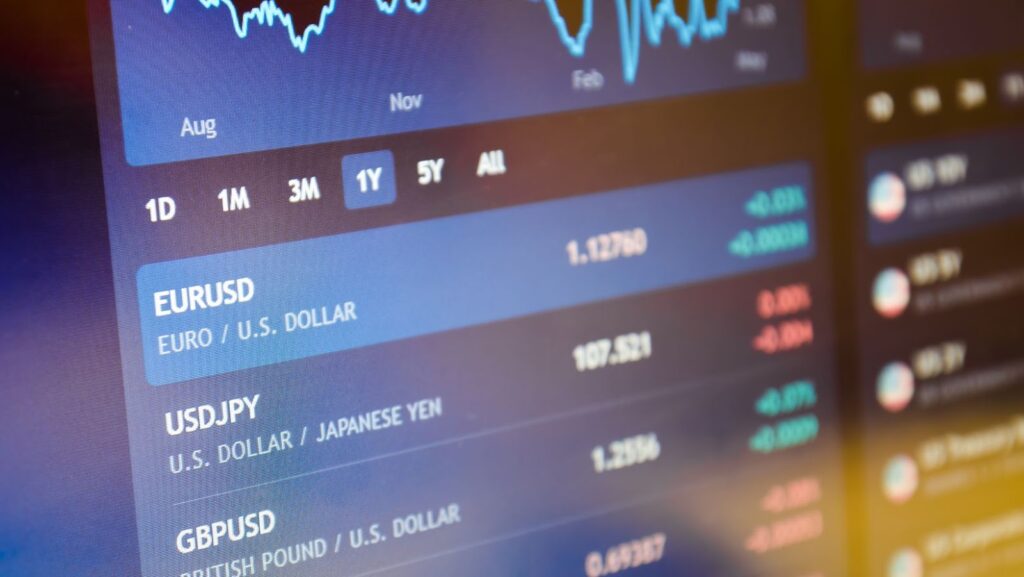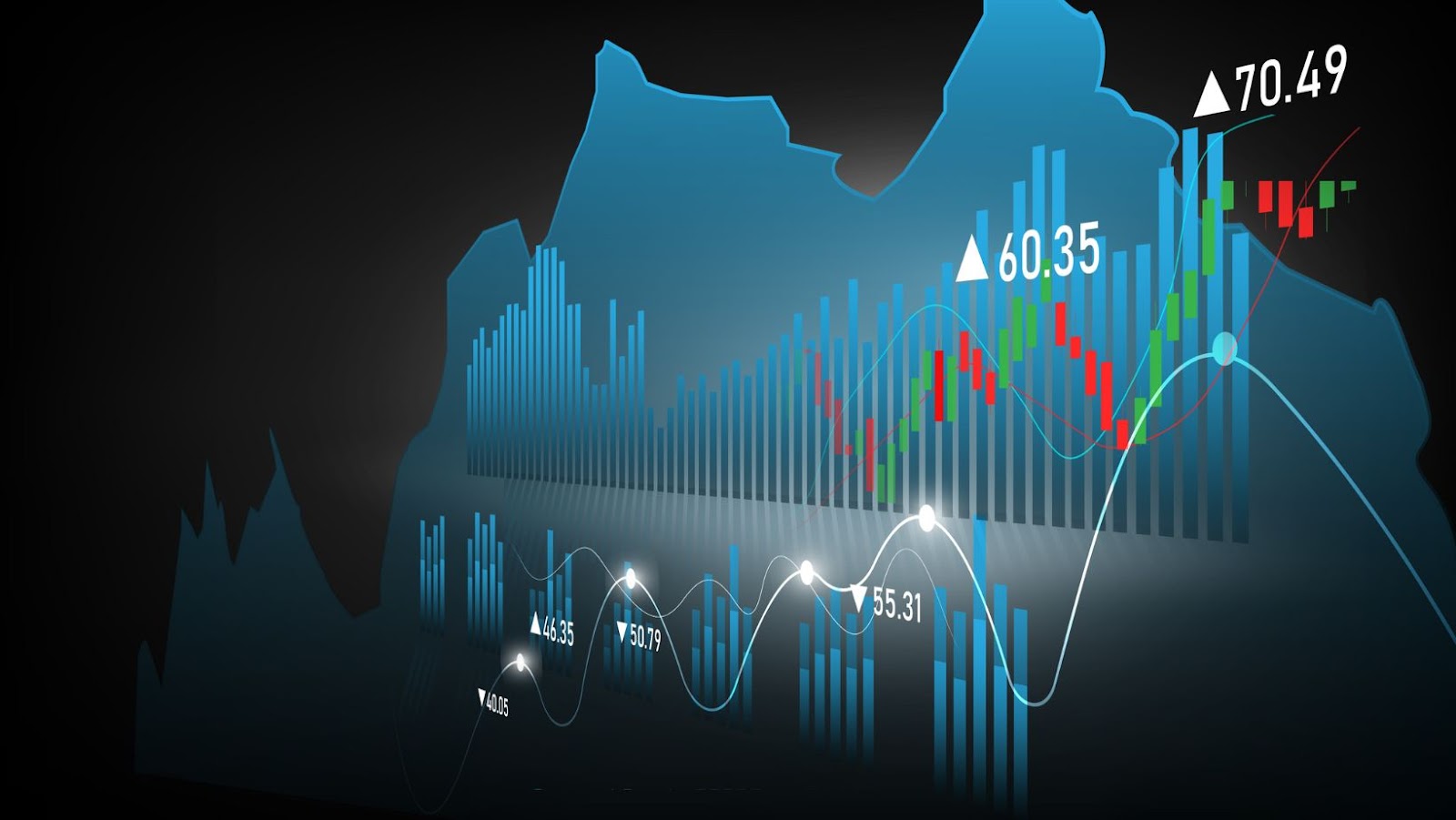
Forex vs Stocks: Which to Choose For Maximum Profit?
When it comes to investing in today’s market, two popular options that come to mind are forex and stocks. While the two are different, each presents its own unique advantages and challenges. As an expert in finance, I’ve spent countless hours analysing the pros and cons of each investment type, and I’m here to help you decide which is the right fit for you.
If you’re unfamiliar with the term, forex refers to the foreign exchange market, where one currency is traded for another. On the other hand, stocks represent a share of ownership in a company and allow investors to profit from either the growth or decline in the company. While both investment options can yield high returns, forex has lower transaction costs due to its decentralised nature. Conversely, stocks are subject to greater regulations, which can complicate the trading process but also provide a safer investment option for some investors.
Ultimately, when deciding between forex vs stocks, it’s important to consider your investment goals, risk tolerance, and time horizon. While forex can offer high returns and is an excellent option for experienced traders, it may not be the best choice for those who prefer a more passive approach. Stocks, on the other hand, offer a more stable and predictable investment option with lower risks. Now that we’ve covered some basics of forex vs stocks, let’s dive deeper into the nuances of each investment type.

Forex Vs Stocks
When it comes to investing, one of the most common debates is whether to choose forex or stocks. Both have their own benefits and drawbacks, and the one that suits you depends on your investment goals and risk tolerance.
Advantages of Forex Trading
- High liquidity: The forex market is the largest and most liquid market globally, with over $5 trillion traded daily. This means that you can enter and exit trades quickly and easily, even with large positions.
- Opportunities for profit in any market conditions: In forex trading, you can make profits from both rising and falling markets, thanks to the ability to go short or long. Additionally, since currencies are always traded in pairs, it’s possible to make a profit irrespective of whether the market is bullish or bearish.
- Leverage: Many forex brokers offer high leverage, which means you can control large amounts of currency with a smaller initial investment. Leverage amplifies both profits and losses, however, so it’s essential to use it wisely.
Advantages of Stock Trading
- Ease of access: Stock trading is more accessible to beginners than forex trading, with many online brokers providing user-friendly platforms and educational tools. Most new investors typically start with stocks.
- Less volatility: Stocks tend to be less volatile than currencies, making them a safer bet for risk-averse investors. Additionally, the stock market is typically influenced by fewer factors than the forex market, making it easier to follow and predict long-term trends.
- More opportunities for diversification: With stocks, you can create a more diversified portfolio, spreading risk across several companies and sectors, which reduces the risk of losing everything from a single trade.

Conclusion
In conclusion, both forex and stocks have their own specific advantages and disadvantages. While stocks are generally considered to be a safer bet for beginners, forex trading can be lucrative for experienced investors who can handle higher risk. Ultimately, the decision between forex vs stocks should depend on your investment goals, experience, and risk tolerance.
Pros And Cons of Trading Forex
As a trader, deciding between forex and stocks can be challenging. Both markets offer opportunities to generate profits, but each offers a unique set of advantages and disadvantages.
Pros of Trading Forex
- High Liquidity: Forex is the most liquid market in the world, with daily trading volume exceeding billions of dollars. This high volume translates to tighter spreads, less slippage, and improved trade executions.
- 24/5 Market: The forex market is open 24 hours a day, five days a week. This flexibility enables traders to create a trading schedule that fits their lifestyles.
- Lower Trading Costs: Forex trading comes with lower trading costs compared to stocks. There are no commissions, clearing fees, or exchange fees with forex trading. Instead, traders pay a bid/ask spread.
- Leverage: Forex trading offers higher leverage ratios than the stock market, which means traders can control more significant positions with smaller amounts of capital. However, leveraging can also amplify losses.
Cons of Trading Forex
- Higher Risk: Forex trading involves higher risk due to the volatile nature of currency prices. Inexperienced traders may find themselves overleveraged, leading to significant losses.
- Limited Regulations: Forex is an over-the-counter market, meaning that there are no central exchanges or clearinghouses. This lack of regulation translates to risks such as counterparty risk and market manipulation.
- Difficult to Master: Forex trading requires an understanding of technical analysis and fundamental analysis to identify profitable trades. Novice traders may find it challenging to grasp the various concepts required to succeed in this market.
- Competitive Nature: Due to the popularity of forex trading, it’s a highly competitive market. Traders must be vigilant and dedicated to stay ahead of the curve.
In conclusion, forex trading has its fair share of pros and cons. Those who trade forex should be prepared to handle the volatile nature of the market, remain disciplined, and continuously improve their skills.

Pros And Cons of Trading Stocks
When it comes to investing, stocks and forex trading are two of the most popular options available. In this section, I will discuss the advantages and disadvantages of trading stocks, compared to forex trading, to help you make an informed decision.
Pros:
- Familiarity: Most people are more familiar with the stock market than forex trading, which means that it can be easier to understand and analyze. This familiarity can also make it easier to find relevant news and analysis which can be used to make better investment decisions.
- Long-term investment: Stocks tend to be more focused on long-term investments, as companies take time to grow and develop before returning dividends. This can provide a stable and consistent return over time.
- Diversification: Investing in stocks allows you to diversify your portfolio across a range of different industries, sectors, and regions. This can help to reduce the risk of losing money in a single sector or industry.
Cons:
- Volatility: Stock prices tend to be more volatile than forex, which can lead to sudden and significant losses. Markets may be more susceptible to changes in global events, such as interest rates or political events, which can have an immediate impact on stock prices.
- Research: Investing in stocks requires significant research to understand the financial information on a company and its operations. It can be difficult to identify the best stocks to buy and hold for the long term if you don’t have a thorough understanding of the company, its industry, and the economy.
- Broker fees: There may be significant trading fees for buying and selling stocks, which can eat into your profits. This can make it difficult to trade frequently or make small trades.
In conclusion, trading stocks can provide a long-term investment strategy with the potential for significant returns. However, it can be more volatile and require significant research and knowledge about the market. It’s important to weigh the pros and cons and consider your investment goals and risk tolerance before deciding between forex vs stocks.





